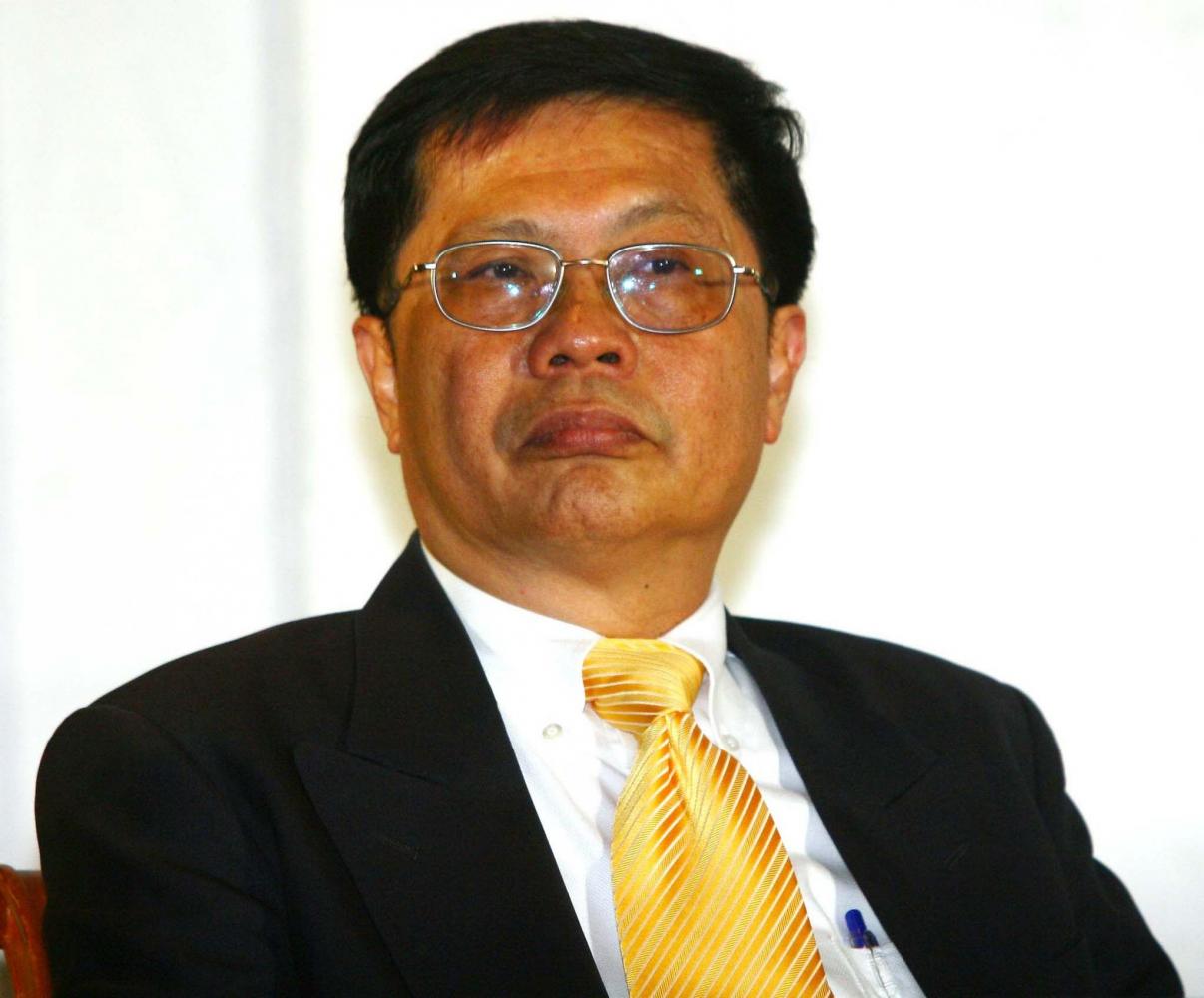The government has vowed to allow farmers to turn their Sor Por Kor 4-01 papers into title deeds on more than 22 million rai of land early next year.
On Oct 12, the Agricultural Land Reform Committee (ALRC) agreed in principle with a plan to revise its regulations to allow Sor Por Kor 4-01 landholders to convert their land reform papers into title deeds.
Agriculture and Cooperatives Minister Capt Thamanat Prompow, who chaired the meeting, said the first batch of land title deeds will be given as a New Year gift to Thai farmers by Jan 15.
The provincial agricultural land reform offices are also expected to issue title deeds to all farmers in all 70 provinces within a year, Capt Thamanat said.

Document upgrade
The upgrade of the Sor Por Kor papers into title deeds must follow various laws -- the 1975 Agricultural Land Reform Act, the ALRC regulations on land allocations for farmers, land transfer, management of farmer's assets and debts, regulations on the usage of land and regulations on farmers seeking loans from the Agricultural Land Reform Fund.
"If farmers who hold Sor Por Kor 4-01 documents cannot farm for a living as prescribed by the Agricultural Land Reform Office [ARLO], the office can seize their land back.
"But if their Sor Por Kor 4-01 documents are converted into title deeds and holders fail to engage in farming, the ARLO will have to look into the issue again,'' Capt Thamanat said.
A total of 1,628,520 landholders will be allowed to turn their Sor Por Kor 4-01 papers into title deeds covering more than 22 million rai.
Introduced almost five decades ago in 1975, Sor Por Kor 4-01 plots are public land plots given to poor landless farmers to do small-scale farming.
Holders must comply with many rules. For example, they can only build small houses, dig small ponds and cannot alter the land for other purposes except farming. Holders can only use land as a guarantee to secure loans from government banks.
Despite these strict rules, many holders remain poor and then illegally transfer the plots to investors and land grabbers. Much Sor Por Kor land is misused as rich investors use it to build large hotels or even mining sites.
Capt Thamanat said that several Sor Por Kor land plots have now been developed to build hotels, markets, schools and apartments.
These plots will be rented and the rent will go to the ARLO Fund, which currently holds about 4 billion baht, he said.
Several Sor Por Kor plots are in tourist areas such as in Koh Samui and Phuket. The rent collected will be used for the benefit of farmers, Capt Thamanat said.
Once the upgrade is completed, the land can then be sold, something that cannot currently be done with land with Sor Por Kor status, he said.
"Once converted into title deeds, the land will be allowed to change hands legally. The land will be sold and bought according to the price mechanism in the market. This will help curb bulk buying of land from investors.
"With Sor Por Kor documents turned into title deeds, everything will go above board and become transparent. This will benefit farmers and the country,'' Capt Thamanat said.
He went on to say that the provincial agricultural land reform offices have been instructed to provide information regarding Sor Por Kor landholdings nationwide to the ALRC on Tuesday (Oct 24) before new regulations are issued for the upgrade.
The upgrade is expected to boost the value of Sor Por Kor land and allow farmers better access to loans from both private and state-run banks.

Hannarong: Same rules since 1975
Move welcomed
Hannarong Yaowalers, head of the Foundation for Integration of Water Management (Thailand), told the Bangkok Post that he agreed the existing Sor Por Kor rules should be revised as they have been in use since 1975 with several limitations.
He said that he hoped that while the upgrade of Sor Por Kor land will ensure the land will still be intended for farming, questions remain as to the extent it will be protected from falling into the hands of investors.
However, he said he was confident the planned upgrade will be fleshed out with more details and that all stakeholders should be allowed to give their opinions on the matter before the new rules are announced.
Mr Hannarong also said that giving title deeds to farmers is not the only way to address their poverty.
"The ALRO should also work with farmers to improve the quality of soil for farming by using modern technology to boost productivity, planting high-value crops, developing water sources, and promoting the processing of farm produce to increase farmers' incomes," Mr Hannarong said.
Suriyan Tonghnueid, adviser to the People's Movement for a Just Society (P-Move) also welcomed the move.
He said that several Sor Por Kor land plots have changed hands from farmers to other holders without any scrutiny, and stressed the need to examine the qualifications of new holders of the land to ensure they comply with the original farming purpose.
"P-Move is glad that the government, particularly Capt Thamanat, is looking into the matter but we want the government to ensure the new rules will deliver tangible results to boost farmers' morale.
"We don't want the new policy to allow the land to fall into the hands of rich people again. The government should also come up with measures to build a sustainable future for farmers and upgrade their quality of life,'' Mr Suriyan said.

Nipon: Farmers remain poor
Land reform fails?
Nipon Poapongsakorn, a distinguished fellow of the Thailand Development Research Institute Foundation, told the Bangkok Post that many of the existing rules will remain unchanged as the land is intended for farming only.
"The land can also be used as collateral for loans from the Bangkok for Agriculture and Agricultural Cooperatives. But if the ALRO wants other commercial banks to accept the land as collateral for loans, the ALRO will have to negotiate with those banks,'' he said.
Mr Nipon said the 1975 Agricultural Land Reform Act was designed to overcome farmers' poverty, but experience over previous decades showed the law fails to do so, as many farmers remain impoverished.
"Initially, the agricultural land reform programme was meant to develop land for farming, provide water sources and build roads to facilitate the sale of farm produce, but over time, farmers have ended up being abandoned and running up debts,'' Mr Nipon said.

Pramote: 'New lease of life'
Hope for a better life
Pramote Charoensilp, president of the Thai Agriculturist Association, told the Bangkok Post the revised regulations will give Thai farmers a new lease of life as they will have farmland of their own and can use it as collateral for loans to make further improvements to their businesses.
However, he urged the government to put in place measures to ensure land ownership is only transferred to farmers rather than falling into the hands of others.
He said the government should also step up efforts to address the rising living costs and debt problems which affect farmers as well as find new ways to reduce their production costs.